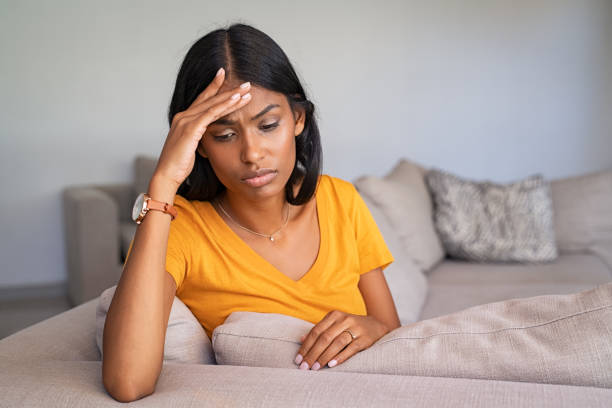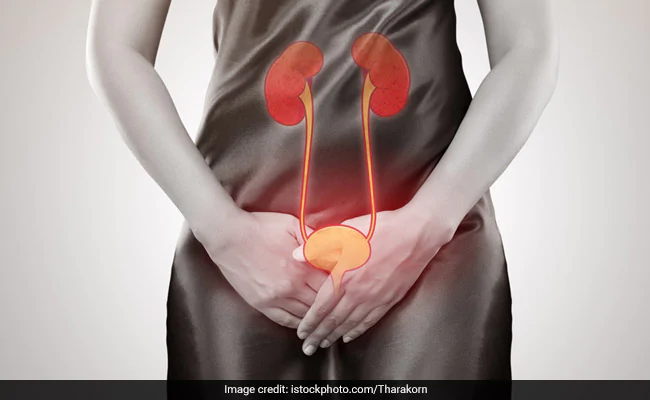- Our Doctors
- Our Specialities
Centres of Excellence
-
 Centre for Blood Diseases, BMT & Cancer Immunotherapy
Centre for Blood Diseases, BMT & Cancer Immunotherapy -
 Centre for Bone, Joint & Spine
Centre for Bone, Joint & Spine -
 Centre for Critical Care Medicine and ECMO Services
Centre for Critical Care Medicine and ECMO Services -
 Centre for Gastrosciences
Centre for Gastrosciences -
 Centre for Heart & Vascular Care
Centre for Heart & Vascular Care -
 Centre for Nephro-Urosciences
Centre for Nephro-Urosciences -
 Centre for Neurosciences
Centre for Neurosciences -
 Centre for Obstetrics and Gynaecology
Centre for Obstetrics and Gynaecology -
 Centre for Organ Transplantation
Centre for Organ Transplantation
Super Speciality
-
 Advanced Diagnostic and Interventional Radiology
Advanced Diagnostic and Interventional Radiology -
 Anesthesiology & Pain Management
Anesthesiology & Pain Management -
 Clinical Nutrition and Dietetics
Clinical Nutrition and Dietetics -
 Dental and Maxillofacial Surgery
Dental and Maxillofacial Surgery -
 Dermatology
Dermatology -
 Emergency and Trauma
Emergency and Trauma -
 Endocrinology and Metabolic Disease
Endocrinology and Metabolic Disease -
 ENT and Head & Neck Surgery
ENT and Head & Neck Surgery -
 Family Medicine
Family Medicine -
 General and Laparoscopic Surgery
General and Laparoscopic Surgery -
 General Medicine
General Medicine -
 GI Onco Surgery
GI Onco Surgery -
 GI Oncology
GI Oncology -
 GI Surgery, Advanced Laparoscopy and Gastro Oncosurgery
GI Surgery, Advanced Laparoscopy and Gastro Oncosurgery
-
- Key Procedures
- Our Hospitals
- International Patient
- Contact us
-
Quick Links
Blogs

Your Headache Could Be Migraine
Do you suffer from frequent throbbing headaches with pain usually on one side of the head? Does the headache get triggered by light, sound, or other sensations? with If yes, then you might have a condition called migraine. A migraine headache is a type of neurological condition. Research suggests that they are the most common of all primary headache types. However, they are a type of pain that can severely impact a person’s overall quality of life.
Triggers - The reason for migraines
Migraine is caused by certain triggers which are faulty signals to the brain. These triggers can be internal or external, that is environmental factors. Internal triggers are associated with the body such as dehydration, alcohol intake, hormonal changes, fatigue, blood sugar fluctuations, sleep deprivation, or physical and mental stress.
External triggers are associated outside the body such as exposure to bright light, loud sounds, smoking, caffeine, etc.
How do I know if my headache is a migraine?
A migraine is a type of headache with some similarities to a tension headache, but there are noticeable signs and symptoms which make migraines stand out.
- Your headache begins with warning signs known as prodrome symptoms 1-2 days before the actual episode. Signs such as food cravings, fatigue, anxiety, and stress. These symptoms can be confused with premenstrual symptoms (PMS) in women.
- You feel a throbbing pain in one side of the head accompanied by visual disturbances.
- You can see sparkling light, flashes, and various colors.
- The episode lasts for longer durations. Sometimes for hours or even days with varied intensity.
- You get nauseous and feel like vomiting. Research indicates that 8 out of 10 individuals experience nausea during a migraine attack.
- You feel weak, tired, and numb at times during the episode.
- Your headache seems to get worse with loud noise or bright light or when you go out in the sun. This is called phonophobia and photophobia respectively.
If you can relate to more than three signs from these, your headache could be a migraine. Additionally, if you have a family history of migraines or for women who experience similar symptoms just before or after you are menstruating, you should get treated by a professional. The key to managing migraines is avoiding the triggers and living a healthy lifestyle. Preventive and pain-relieving medication can help manage migraine headaches.
Latest Posts
-
 Awake Craniotomy Jul 12, 2022
Awake Craniotomy Jul 12, 2022 -
 Curing Constipation Jul 12, 2022
Curing Constipation Jul 12, 2022 -
 The ‘Gut Health’ Buzz Jul 12, 2022
The ‘Gut Health’ Buzz Jul 12, 2022 -
 Tips to Prevent UTI Jul 12, 2022
Tips to Prevent UTI Jul 12, 2022
Categories
- Clinical Nutrition and Dietetics
- Endocrinology and Metabolic Disease
- General and Laparoscopic Surgery
- General Medicine
- Physical Medicine and Rehabilitation
- Psychiatry
- Centre for Heart & Vascular Care
- Centre for Bone, Joint & Spine
- Centre for Neurosciences
- Centre for Gastrosciences
- Centre for Nephro-Urosciences
- Centre for Blood Diseases, BMT & Cancer Immunotherapy
- Centre for Obstetrics and Gynaecology

 +91 9393 108 108
+91 9393 108 108

















































